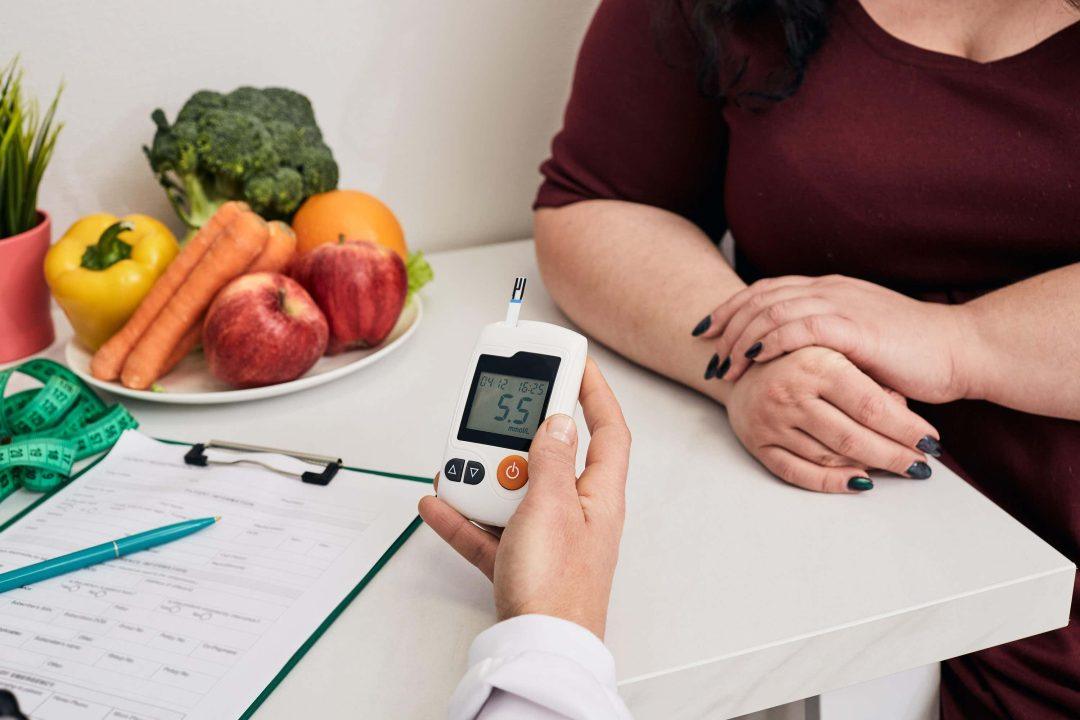The number of Scots with a long-term health condition has reached a record high, a study has revealed.
The Scottish Health Survey found the percentage of people who reported living with at least one such condition in 2024 was 50% – the highest level since the survey began in 1995.
Almost two in five adults (39%) reported having a long-term health condition that limits their activities.
More than four in five adults living with a long-term condition (81%) said it caused them at least one impairment, most often related to mobility (32%), stamina, breathing or fatigue (28%) and/or mental health (26%).
The percentage of Scots who reported having diagnosed diabetes now stands at 8% – the highest level recorded since the survey began.
Diagnosed asthma among adults also reached a record high of 18%.
The survey, published by the Scottish Government on Tuesday, also found that one in four women reported having a possible psychiatric disorder, significantly more than men at 18%.
Rates were highest among adults living in the most-deprived areas at 31% compared with those living in the least-deprived areas at 17%.
Meanwhile, the proportion of adults who reported feeling lonely “most” or “all of the time” decreased from 10% in 2023 to 7% in 2024.
For the first time, the survey asked women about their experience of menopause.
Almost three-quarters of women aged 45–55 (72%) and around half of those aged 56 and over (53%) reported experiencing symptoms in the previous 12 months.
Around six in 10 (58%) of those experiencing symptoms had contacted a healthcare professional about their symptoms in the past year, most commonly a GP (45%).
The survey also reported that 13% of Scottish adults self-reported attitudes and feelings towards food that were indicative of a potential eating disorder. The figure was highest among 16 to 24-year-olds at 26%.
It found the proportion of Scots who smoke remained at 14% – a decline of 28% in 2003.
The percentage who reported vaping stood at 10%, with that figure rising to 18% for those aged between 16 and 24.
Paul Bradshaw, director of the Scottish Centre for Social Research, said: “This year’s survey paints a detailed picture of the health of people in Scotland.
“We see that half of adults are now living with at least one long-term health condition, and diabetes has reached its highest level on record.
“Encouragingly, mental well-being seems to be stabilising, and loneliness has fallen back to pre-pandemic levels.
“The new questions on menopause and eating behaviours provide important insights into experiences that have previously been under-reported in national data and a solid baseline for measuring trends in future years.”
Follow STV News on WhatsApp
Scan the QR code on your mobile device for all the latest news from around the country


 PA Media
PA Media

























